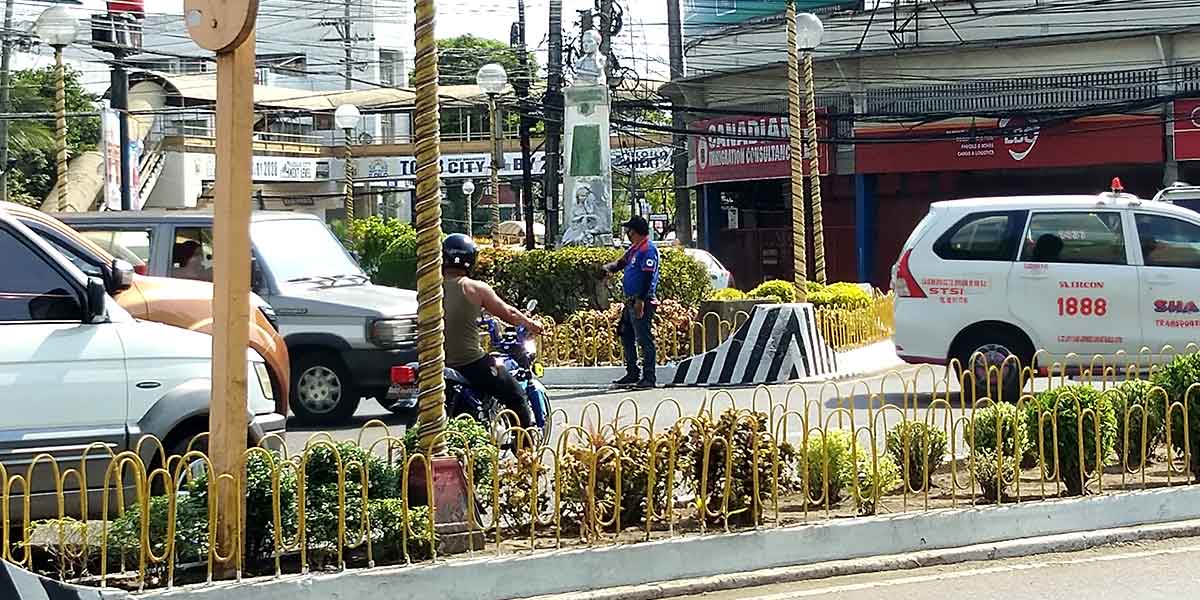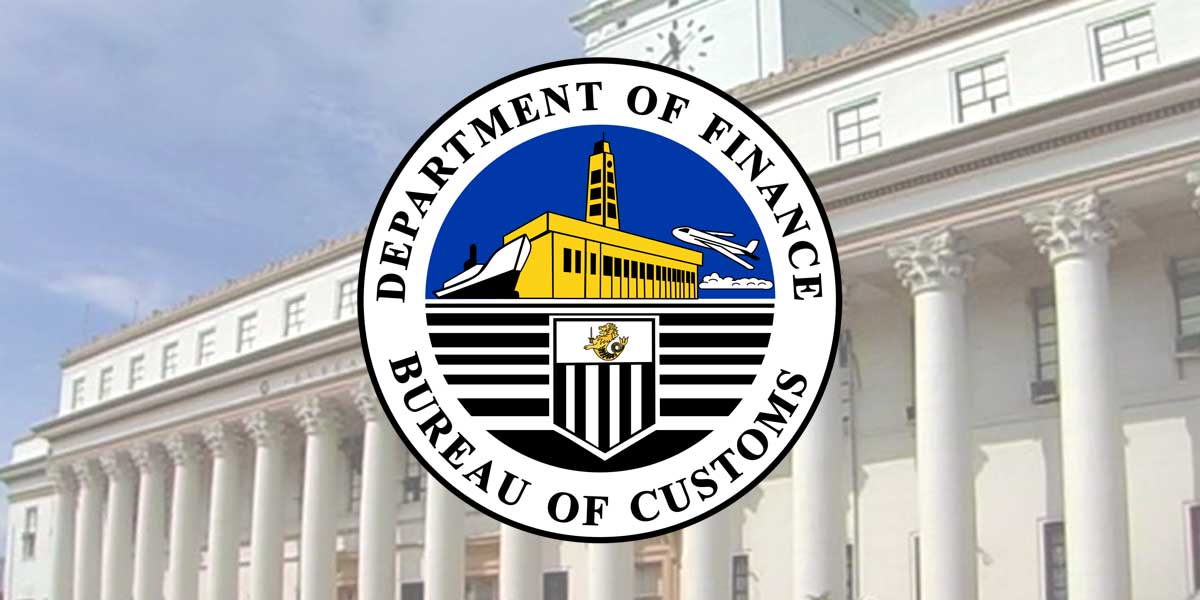
By Joseph B.A. Marzan
The surge of roadside vendors of meat and other fresh products needs proper regulation by local governments, Iloilo Governor Arthur Defensor Jr. told reporters on Wednesday.
This was Defensor’s response to the privilege speech of Iloilo Provincial Board Member Matt Palabrica (3rd district) during the regular session of the Sangguniang Panlalawigan Tuesday.
Palabrica highlighted the observations and complaints on meat vendors who sell on roadsides and other places outside of markets.
The board member also noticed that prices of meat products are on a downtrend.
“I have observed for several months now that meat stalls selling fresh pork and other meat products have become rampant and even uncontrolled. Some months ago, these stalls have large signage that pork is selling at P160 but lately, the price dropped to P130.00 and some even to P120,” Palabrica said.
He mentioned a recent random inspection by the Acting Provincial Veterinarian, Dr. Darel Tabuada, in Leganes and Pavia towns, where stalls did not display the required documents and did not observe proper health protocols on the coronavirus disease 2019 (COVID-19).
“In a recent random inspection by our OIC, Provincial Veterinarian, Dr. Darel Tabuada in Leganes and Pavia, Iloilo, he found out that the stalls he inspected along the road did not display the required documents. On top of this, both the dealers and the buyers did not observe the proper health protocols on COVID-19 such as wearing of face masks and face shields, hand washing and proper distancing,” he said.
The board member pointed out that these were in violation of several laws and regulations.
These laws and regulations include Republic Act No. 10611 (Food Safety Act of 2013), Rep. Act No. 9296 (Meat Inspection Code of the Philippines, as amended), and the Department of Agriculture’s (DA) Administrative Order (AO) Nos. 20 series of 2010 (Guidelines on Post-Meat Establishment Control) and 05 series of 2012 (Rules and Regulations on the Hygienic Handling of Newly-Slaughtered Meat in Meat Markets).
Section 17 of Republic Act No. 9296 requires inspection of food animals by authorized inspectors before they are allowed to be slaughtered for sale to consumers.
Section 15 (c) of Rep. Act No. 10611 mandates local government units (LGU) to be responsible over food safety in food businesses, as well as street food sale, including ambulant vending.
Section 3.2 of DA AO No. 05 s.2012 requires meat dealers and vendors who are the owners of meat stalls, meat shops, supermarkets and other meat markets to have a license and secure requirements of the LGU.
He pointed out that the provincial government has not implemented Section 3 of DA AO No. 20 which provides for the establishment of a Local Meat Inspection Service (LMIS).
“All these are happening province-wide because we have not activated Administrative Order No. 20 Series of 2010 that spelled out the activities under Republic Act 9296 or the Meat Inspection Code of the Philippines. The said code called for the creation of Meat Inspection Services, cascading from the National to the Municipal levels,” the board member said.
Palabrica pushed for the passage of an ordinance to create the LMIS to implement Rep. Act No. 9296 and relevant orders of the DA.
At the board member’s urging, the Sangguniang Panlalawigan also passed a resolution on Tuesday urging the governor to immediately instruct all municipal and city mayors to put a stop to the rampant selling of pork and other meat products outside of the public markets and licensed meat shops.
GOVERNOR’S REPONSE
In a press briefing on Wednesday, Defensor said he agreed with the Sanggunian’s resolution.
He added that the province is also seeking to improve slaughterhouses and build new ones with good quality to ensure food safety.
“We have to be in the right place because that [issue] concerns food. What is important is that we do the right regulations because our meat industry has processes too, that is why we are seeking to have a triple A slaughterhouse and other good-quality slaughterhouses so that processing of meat will be in accordance with health and sanitation requirements of the government. We will work together with our mayors to regulate so that the food being bought by the people is safe,” Defensor said.
The governor expressed his understanding of the situation on roadside vendors, saying that it is most likely an offshoot of the economic effects of the Enhanced Community Quarantine (ECQ).
The ECQ was implemented by the governor from March 20 to May 15 of this year due to the spread of COVID-19.
“The number of roadside meat vendors have increased recently, and not only meat but also vegetables, during the start of the ECQ because many of our residents looked for other sources of livelihood when their places of work closed down temporarily or permanently or they lost their jobs. Additionally, we also imposed regulations like removing the ‘market day’. People don’t want to mingle with others nowadays, and they find it more convenient to buy from the sidewalks because it is direct and open. This is an effect of considerations we made due to COVID-19,” the governor said.
He added further that these are “natural economic effects” based on the law of supply and demand, and the economic concept of competition.
When an economic good is at higher prices, the law of demand says there will be less demand, while the law of supply says that sellers will supply more.
Competition in economics is a condition where producers seek to obtain shares of limited goods by varying the elements of the marketing mix: price, product, promotion and place.
“That is the effect of the law of supply and demand here. We just have to regulate it so that there wouldn’t be adverse effects on competition here. Naturally, competition is good for the consumers, but we also have to place limitations so that businesses are not only favorable to the consumers, but also for the businesses as well,” the governor said.
The governor said that he is working with the mayors of the province with regard to food safety, for both the health of the residents and the local economy.
“Nonetheless, we will work with our mayors on regulations for safer food and for the economy of our province especially for those in the food business. I haven’t received any direct reports because that is under the direct regulation of the municipality. I have been coordinating with the mayors, and some of them are already starting the regulation of that,” he said.
The governor also shot down rumors of disposal of meat in the province due to oversupply, saying that while there is oversupply, it is not to the level where sellers dispose of unsold meat.
“In our province, there hasn’t been any [reported cases of disposal]. We have been helping during the ECQ during our relief operations, wherein anything we can buy, the products of our farmers which are becoming oversupplied, we add that. Right now, we haven’t heard anything but I will have to monitor if there is anything. I know that we have here an oversupply of chicken and pork, that is why they are currently cheap, but not to the extent that we are already throwing away unsold products,” he said.
He added that the province is pursuing linking sellers to buyers in other places in the country, and further added that their restrictions on disallowing entry of meat products in the province has made the supply stable.
“Our program here is market linkages, to help them look for buyers. I think Manila is already buying from us. Before, we have an okay supply of pork because we haven’t allowed receiving from the outside. We still have an okay supply because we have restricted entry. Our pork meat is for us, because there isn’t much of a surplus and because none of it is coming from outside [the province],” he added.





















